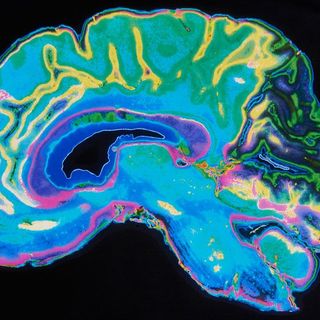More and more research is linking dirty air to unhappiness. But the effects of air pollution on emotional and mental health are far less understood than its established effects on physical health.
The connection is outlined in a recent article on The Conversation. It notes a study in Germany, in which the emotional health of participants was measured downwind and upwind of several large power plants. After emissions-lowering equipment was installed at each, researchers examined data on well-being from a long-term survey of thousands living in the area, finding a marked increase in happiness among the downwind population, but no change in the upwind population. Another experiment tracked air pollution and mood in real time across 144 Chinese cities using hundreds of millions of geotagged social media posts expressing emotion and analyzing them against the local air quality index. They found that peoples’ happiness levels dipped on days air pollution was high.
Related on The Swaddle:
No comparable study has been conducted in India, which is home to some of the most polluted metros in the world, and a popularly, if sensationally, called ‘mental health crisis.’ A report last year noted that Indian cities are at roughly the same level of pollution their Chinese peers experienced five years ago.
Yet no study has yet been able to determine what’s behind the apparent effect of air pollution on mood. Study after study linking air pollution to poor health and cognitive impairment make it tempting to jump to a conclusion that there is a physiological effect at play. And while that may be true, it’s yet to be confirmed. In the mean time, some speculate that we may just dislike hazy views. (I can confirm that with anecdotal evidence, which is all that matters; I predict the quality of my day by whether I can see all the way across Mumbai’s sealink in the morning.) Some also suggest that worry over personal and loved ones’ health may also prey on happiness. (These families can confirm that.)
Until then, it’s clear that the effects of air pollution on emotional and mental health need to be added to researchers’ ambit. And that may be the best way to teach children in Delhi to be happy – to clean up the air.




